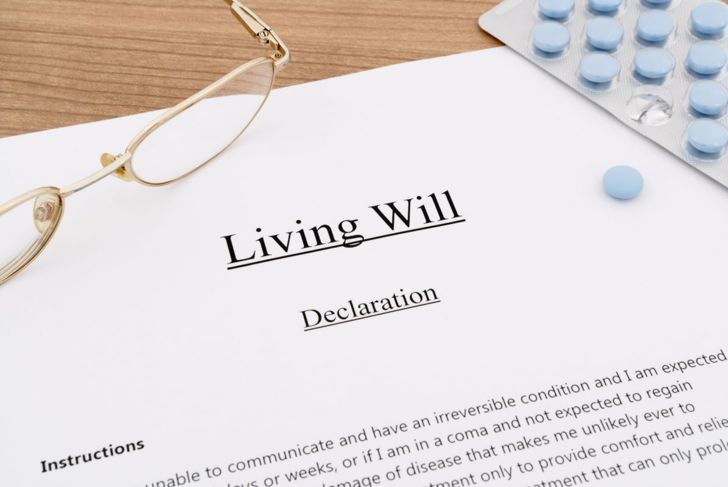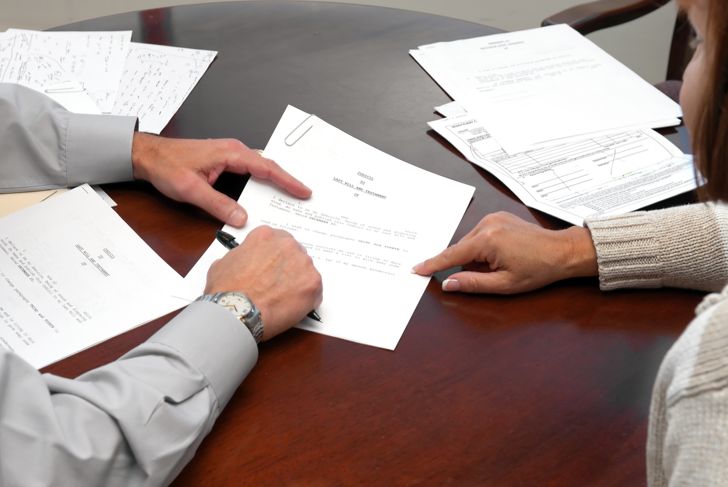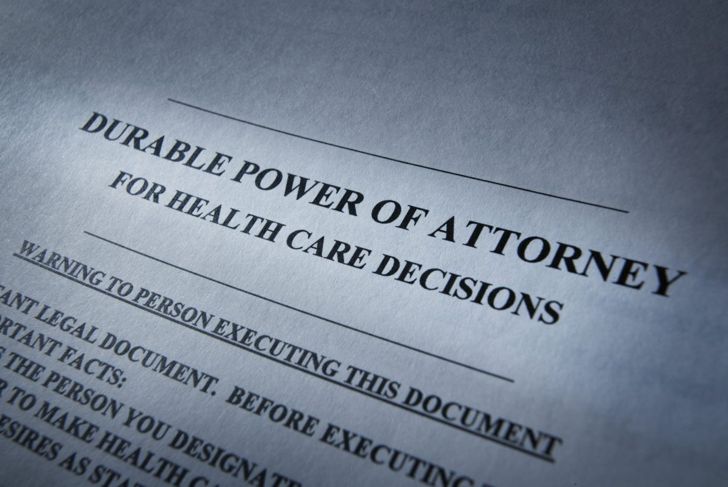When a person becomes unable to make critical health decisions, a living will expresses what medical interventions the person would prefer. Without this document, loved ones are often at odds during a crisis and may feel guilty because they are unsure of what the best decision may be.Only about a third of Americans have one in place. Discover how simple it is to prepare a living will that will speak for you when you cannot.
What Is a Living Will?
A living will lays out a person’s preferences for life-sustaining healthcare treatments such as feeding tubes and ventilators. It is also called a health care directive, health care declaration, or advance directive.A living will becomes effective when you cannot communicate your medical preferences, and gives guidance to family and medical professionals to honor your wishes. The document has no power while you are able to speak for yourself or after your passing. If you have not completed a living will, your family or other third parties will be responsible for making health care decisions. In some cases, the courts must intervene in assigning this responsibility.
Who Needs a Living Will?
People with strong feelings or convictions about life-preserving treatments and end-of-life care should make a living will. These procedures could become necessary in circumstances such as declining health, sudden illness, or an accident. Having a living will in place can ensure peace of mind and clarity for yourself before the time comes, and it can help your loved ones avoid agony over how to handle life-threatening scenarios.Anyone with testamentary capacity can create a living will. This means that an individual must be of age or be declared an emancipated adult and be of sound mind when the document is signed.
What Should I Include?
Your living will can include any of your wishes pertaining to medical care. You can state that certain treatments be used or not used. It would be helpful to familiarize yourself with common medical procedures administered to people who are critically ill.Living will forms typically ask if you wish to undergo life-sustaining procedures at the end of life, including blood transfusions, use of a respirator, CPR, certain medications, dialysis, or surgery. You usually can decide if you want intravenous feeding. You can also choose whether or not to receive palliative care, also called comfort care, for pain management.
Living Will vs. Last Will vs. Living Trust
A living will is not a legal document for bequeathing assets to loved ones or naming guardians for dependents. That is a traditional will or last will and testament. A last will becomes effective upon the death of the testator, the person writing the will. In this document, the testator appoints an executor who will carry out the will’s provisions once the testator has deceased.A living will and a living trust both protect against mental incapacitation. However, a living trust dictates how a person wants their assets managed if they cannot speak for themselves. For example, if an individual is in a coma, a living trust assigns someone else to access bank accounts and make financial decisions on the comatose person’s behalf.
Where Do I Find Forms?
Although a lawyer can help with writing a living will, you can write a legally valid one yourself. However, it is important to make sure that your form meets your state’s requirements. Free living will forms are often available at:
- Doctor’s offices
- Hospitals
- Senior centers
- Your state’s medication association
- On estate planning software
Once you complete your form, you and witnesses must sign it. Depending on your state’s law, you might need to have your living will notarized.
What About a Durable Power of Attorney?
People often write a medical power of attorney, also called a durable power of attorney (DPOA) for healthcare, along with their living will. These two documents are combined into a single form called an “advance healthcare directive” in some states. A DPOA for healthcare authorizes a trusted person to make medical decisions and oversee medical care for an incapacitated person.
Can I Combine Medical and Financial Powers of Attorney?
While the durable power of attorney for healthcare covers medical matters, a DPOA for finances appoints an agent to handle financial transactions. It is possible to combine these documents, but law experts advise people to keep them separate. This would keep personal health information out of the hands of financial managers, and financial information would not be unnecessarily accessible to healthcare providers.
Who Needs to Know?
Your living will can only be honored if those who are treating you are aware of it before it is needed. Have a candid conversation with close relatives and other important people in your life about your living will and your health care wishes. Doing this will help ensure your loved ones collectively understand your preferences and respect your wishes in the midst of any future health crisis concerning you.
What About Organ Donations?
Most of your health care proxy’s authority ends upon your death. However, many states let you authorize your proxy to call for an autopsy or authorize organ donations. Legal experts recommend including any stipulations regarding your remains in your living will and medical power of attorney document. If you only place these wishes in your last will, your will might not be found and read in time.
Where Should I Keep My Living Will?
Store your original living will safely at home or in a bank lockbox. Carry a small card noting that you have a living will and where a copy can be found, and take a copy of your directives when traveling. Your designated health care proxies, durable power of attorney, and primary care physician should have a copy. Keep a record of who has these copies.Your medical wishes can change over time and you can create a new form reflecting them. States have varying requirements for changing living wills. Have the old form and its copies destroyed and share copies of the new one with your health care proxy, primary care physician, and family.

 Home
Home Health
Health Diet & Nutrition
Diet & Nutrition Living Well
Living Well More
More




















